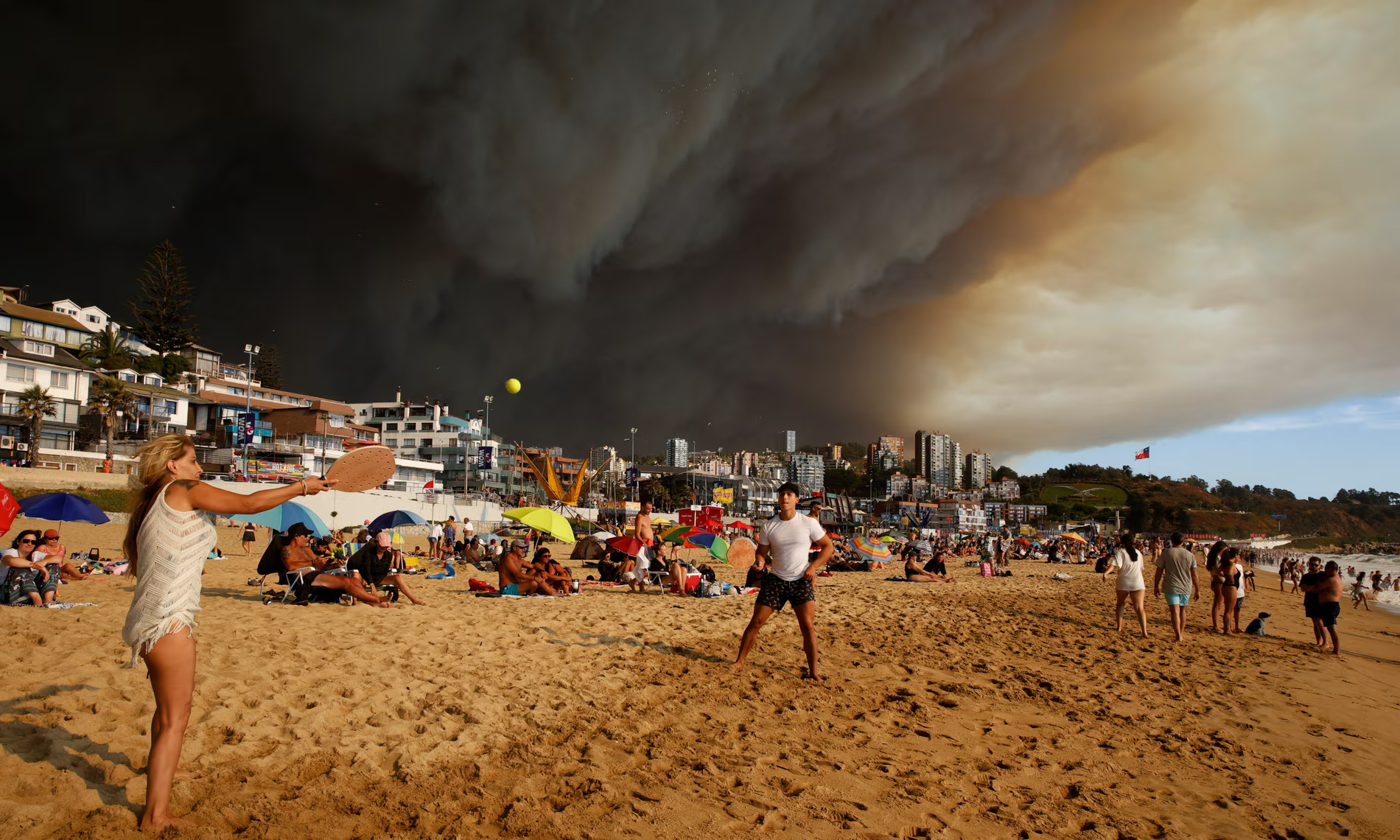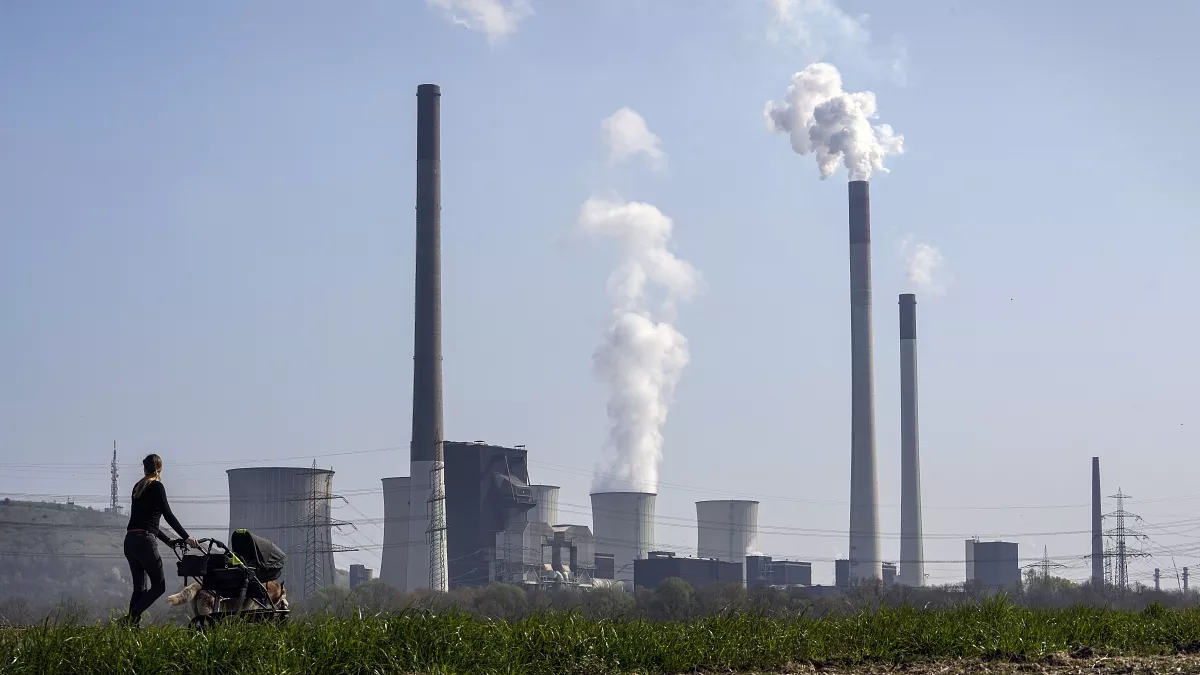The world has experienced an exceptional year of climate-related catastrophes, with extreme heatwaves and powerful storms ravaging many regions. Last month, eastern Spain was struck by severe floods, claiming hundreds of lives. Scientists attribute the rising frequency of such disasters to climate changes exacerbated by the ongoing emissions from fossil fuel use.
As the climate crisis worsens, 2024 is expected to be the warmest year on record, with global temperatures surpassing 1.5°C above pre-industrial levels—a threshold that seems increasingly difficult to prevent.
At the upcoming COP29 summit, delegates will focus on critical issues, including the alarming increase in global carbon emissions. In 2023, emissions reached a record 40.6 billion tonnes, a figure expected to be surpassed in 2024.
Atmospheric carbon concentrations are now more than 50% higher than in pre-industrial times, contributing to the 1.5°C rise in global temperatures. Despite growing awareness, the global response has been sluggish, and the outlook remains grim as emissions continue to climb.
One notable development from last year’s COP28 summit was the agreement to begin transitioning away from fossil fuels, marking the first global acknowledgment of the need to address the root causes of climate change. However, this commitment fell short of activists’ demands for a full-scale phase-out of fossil fuels.
The situation could worsen under the influence of figures like Donald Trump, whose presidency has been marked by climate skepticism and a reluctance to take action on climate change, including withdrawing the U.S. from the Paris Agreement during his first term.

Climate Crisis Escalates as COP29 Confronts Rising Emissions and Political Challenges Amid Global Heatwaves
Trump’s recent election victory casts a shadow over the COP29 summit, with concerns that his stance on climate change could derail global progress. European leaders like Ursula von der Leyen and Emmanuel Macron are unlikely to attend, and many fear that any meaningful breakthroughs at the summit will be compromised.
Trump has previously described climate change as a “big hoax” and is expected to continue pushing policies that undermine international climate agreements, potentially undoing the progress made in the fight against global warming.
In stark contrast, UN Secretary-General António Guterres has warned that the planet is entering a new era of “global boiling” due to climate change, with fossil fuel companies holding humanity in a chokehold. Guterres has strongly criticized the failure to act decisively on climate issues, emphasizing the catastrophic consequences of continuing down the current path.
Researchers fear that the 1.5°C threshold will be surpassed by the end of the decade, leading to severe impacts such as the collapse of ice sheets, thawing permafrost, and widespread ecosystem destruction, particularly affecting developing nations.
At COP29, the focus will also be on climate finance, particularly the need for wealthier nations to provide more substantial financial support to developing countries. These nations will require between $500 billion and $1 trillion annually to address climate change, far exceeding the current $100 billion commitment.
Much of this funding will be directed toward creating green energy infrastructure, enhancing resilience to climate impacts, and compensating nations for the damages caused by global warming.
However, the summit’s success is uncertain, with concerns raised about Azerbaijan’s potential conflicts of interest, given the country’s oil and gas investments. Despite these challenges, some hope remains that COP29 will lay the groundwork for more ambitious agreements in future summits, particularly COP30 in Brazil.











































